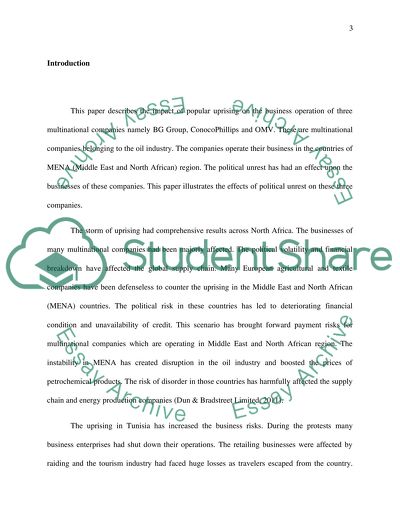Cite this document
(“Managment Essay Example | Topics and Well Written Essays - 3000 words”, n.d.)
Retrieved from https://studentshare.org/environmental-studies/1421863-managment
Retrieved from https://studentshare.org/environmental-studies/1421863-managment
(Managment Essay Example | Topics and Well Written Essays - 3000 Words)
https://studentshare.org/environmental-studies/1421863-managment.
https://studentshare.org/environmental-studies/1421863-managment.
“Managment Essay Example | Topics and Well Written Essays - 3000 Words”, n.d. https://studentshare.org/environmental-studies/1421863-managment.


